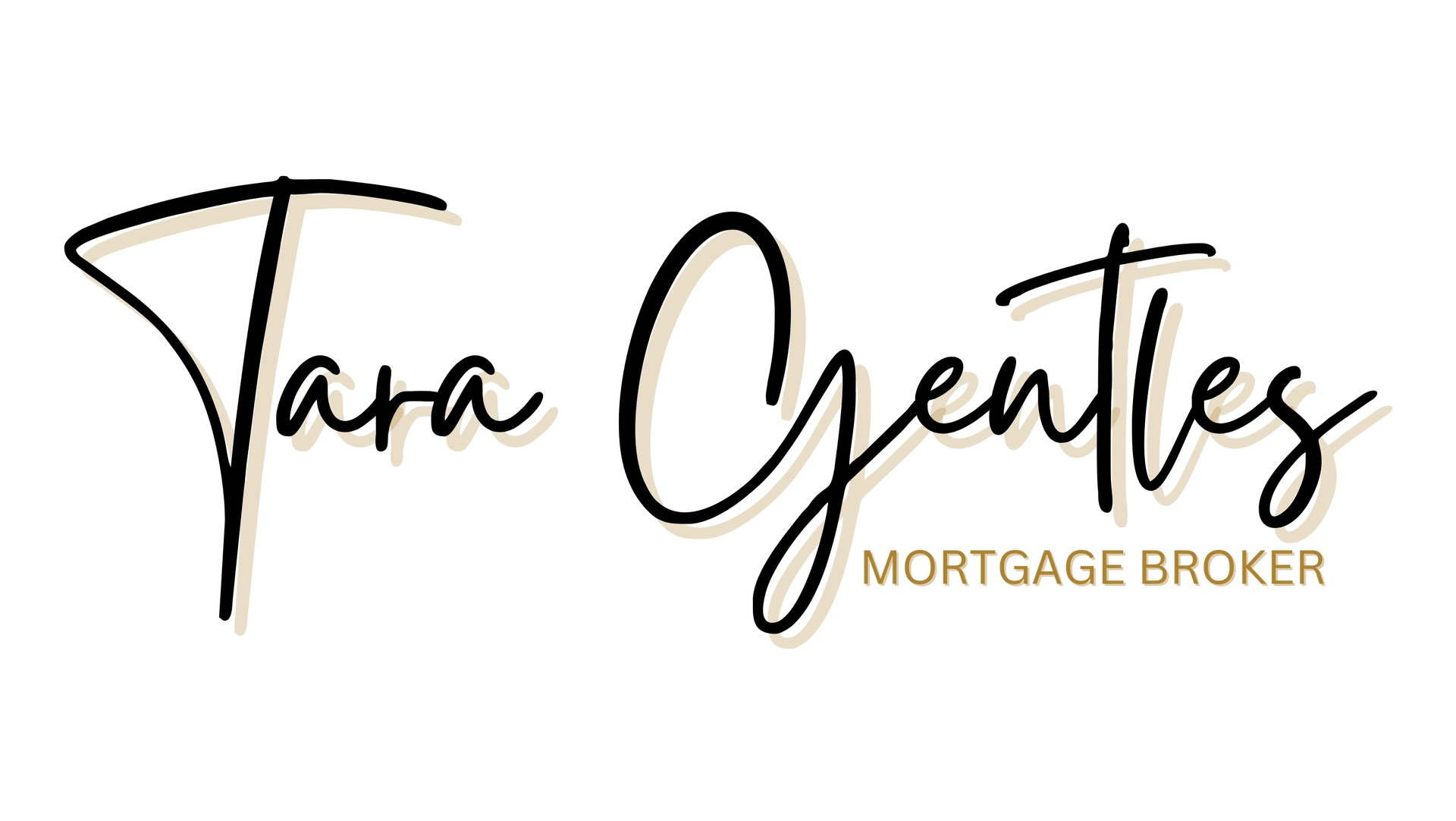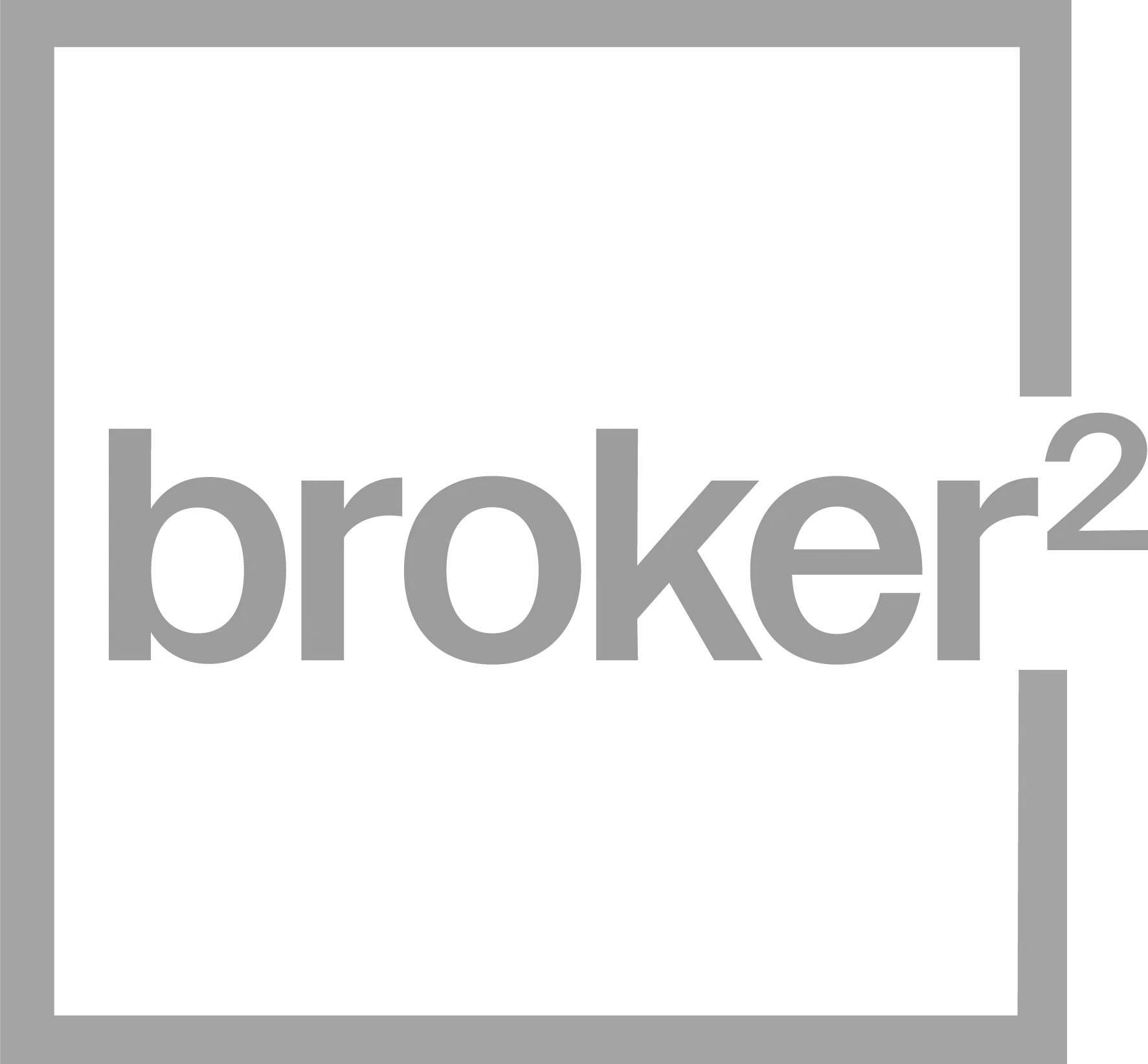
Looking For a Great Mortgage? I’d Love To Work With You!
Tara Gentles, Mortgage Broker
Hello, I’m Tara Gentles, and I've been guiding clients through the complexities of mortgage financing since 2006, though my journey in lending began even earlier. Starting in the local credit unions, I quickly realized the need for a diverse range of products tailored to individual needs, which led me to become a broker.
As a Mortgage Expert with Brokers Squared, I leverage a vast network of lenders and products to ensure my clients secure the ideal mortgage at the most favorable rate.
Proudly calling Langley home, I prioritize flexibility, meeting clients at times and places convenient for them. Over the years, I've successfully facilitated financing for diverse clientele, from first-time homebuyers to seasoned real estate investors. With experience across all mortgage types, I consistently find optimal solutions for my clients, making the mortgage process straightforward with clear explanations of available options.
On a personal note, I cherish my role as a mom to three amazing grown humans. Embracing the philosophy that life is fleeting, I advocate for seizing the moment—whether it's embarking on spontaneous adventures or ensuring there's room in the budget for both practical savings and enjoyable experiences.
If you're considering mortgage financing, I'm here to assist. Please feel free to reach out at your convenience—I'd be honored to collaborate with you!
Nice things people have said about working with me.








